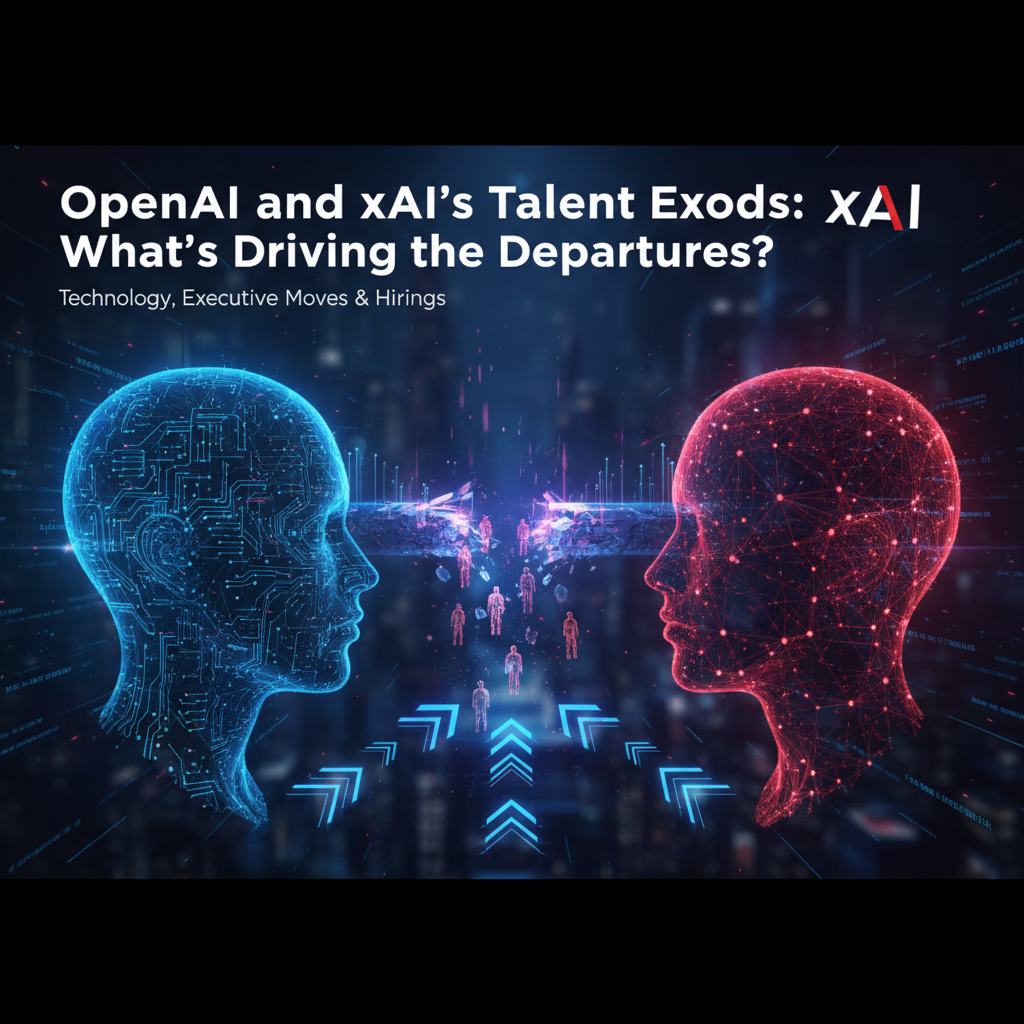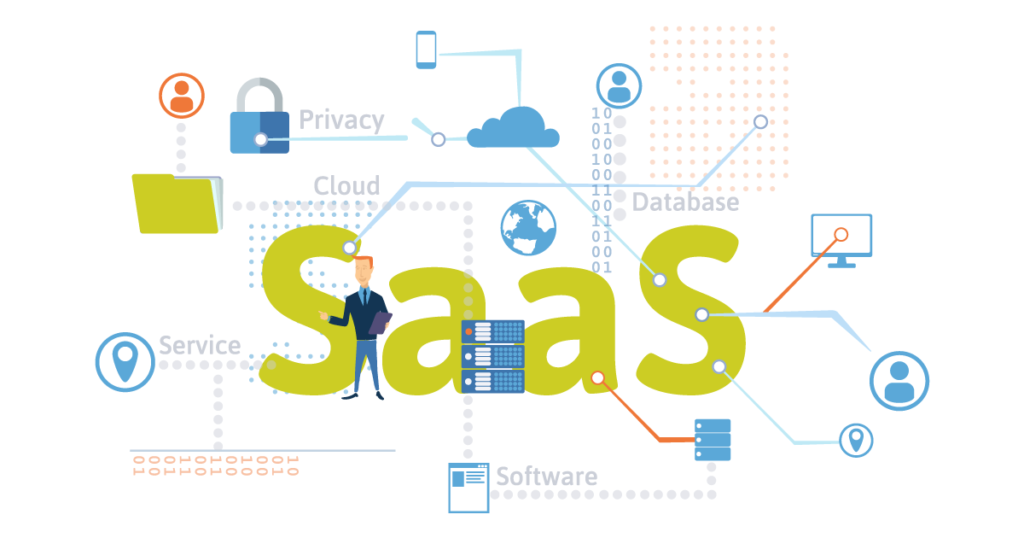There’s been a pretty interesting deal brewing in the tech world this week, and it’s got me thinking. SoftBank and OpenAI, two names that have become pretty synonymous with the AI boom, just announced a new joint venture. They’re teaming up to sell enterprise AI tools in Japan. They’re calling it “Crystal Intelligence.” Sounds fancy, right?
On the surface, it looks like a straightforward international expansion. OpenAI, trying to get its products into new markets. SoftBank, leveraging its connections and, let’s be honest, its deep pockets. But when you dig a little deeper, things get a bit more…complicated. The big question in my mind is this: are these deals creating real economic value, or is it all just a sophisticated shell game?
SoftBank’s role here is the key. They’re not just some random investor; they’ve been a major player in OpenAI. This isn’t the first time they’ve put their chips on the AI table, either. Remember the massive investments in companies like…well, a lot of them. The Vision Fund was supposed to revolutionize everything. And now we’re seeing this new partnership. It’s enough to make you wonder if we’re not just witnessing a lot of money moving around in circles, propping up valuations in a market that’s still trying to figure out what it’s worth.
The hype around AI is undeniable. Every day, it seems, there’s a new announcement, a new breakthrough, a new company promising to change the world. And honestly, it’s easy to get swept up in it all. I get it. But there’s a difference between genuine innovation and…well, marketing. And I can’t help but wonder if some of these big deals are more about fueling the hype cycle than they are about building something truly sustainable.
Let’s talk about Japan for a second. It’s an interesting market for this kind of venture. They have a strong tech sector, but they also have their own unique business culture and challenges. Will Crystal Intelligence be able to navigate those waters? Will Japanese businesses actually embrace these new AI tools? It’s a whole different ballgame from Silicon Valley.
I mean, think about it. SoftBank is already heavily invested in AI. OpenAI is, well, OpenAI. Now they’re partnering up to target a specific market. It’s a closed ecosystem, in a way. The same players, the same money, the same buzzwords. Is this the future, or is it just a reflection of the current bubble?
The Bigger Picture
This whole thing touches on a larger trend. The AI hype cycle. We’ve seen it before in tech. Remember the dot-com boom? The promises were huge. The valuations were even bigger. And then…well, you know the rest. Are we heading down a similar path with AI? Are we overestimating the immediate impact and undervaluing the long-term challenges?
It’s not that AI isn’t important. It’s obviously going to change a lot of things. But I think we need to be realistic about the timeline and the potential downsides. The focus on “enterprise AI tools” is interesting here. It suggests that the immediate focus is on selling to businesses, which makes sense. But will these tools actually deliver on their promises? Will they generate real returns for investors? Or will they just become another line item on a company’s budget?
And then there’s the question of competition. The AI landscape is already crowded. Everyone is trying to get a piece of the pie. How will Crystal Intelligence stand out? What will their competitive advantage be? That’s the part I’m really curious about.
So, the partnership between SoftBank and OpenAI. International expansion into Japan. Enterprise AI tools. It all sounds promising. But I can’t shake the feeling that there’s something else at play. Something about how the biggest deals in AI might be more about moving money around than creating lasting value. It’s a question worth pondering, don’t you think?
Anyway, that’s how it seems to me.







